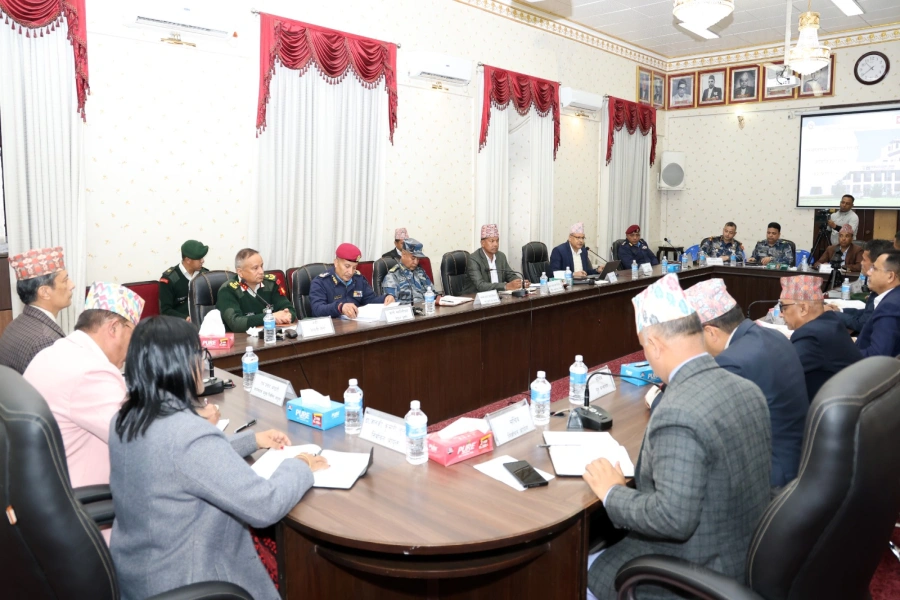Current account deficit widens to Rs 171.64 billion; BOP swings into Rs 14.6-billion deficit
KATHMANDU, May 18: Both current account and balance of payment (BoP) of the country slipped into deficit in the third quarter of the current fiscal year 2017/18, posing risk to external sector stability.
According to the ‘Current Macroeconomic and Financial Situation of Nepal (Based on Nine Months’ Data of FY2017/18’ released by the Nepal Rastra Bank (NRB) on Thursday, the current account deficit widened at an alarming to Rs 171.64 billion in the review period from a deficit of Rs 10.34 billion in the same period of FY2016/17. Similarly, the overall BoP turned into a deficit of Rs 14.60 billion in contrast to a surplus of Rs 50.60 billion in the same period of the previous fiscal year.
BoP summarizes transactions between a country and the rest of the world. It classifies transactions under two headings -- capital account and current account. Current account refers to the difference between the import and export of goods and services.
BOP, current account slip into deficit

The central bank has attributed elevated level of imports and sluggish export growth for the deficits. “The continued current account deficit coupled with weak capital inflow has contributed to the overall BoP deficit,” the report reads.
According to the NRB data, merchandise imports in the review period rose 20.6 percent to Rs 876.29 billion compared to a growth of 39.7 percent in the same period of the previous year. Exports, on the other hand, increased by 8.2 percent to Rs 59.74 billion compared to a surge of 12.1 percent in the same period of FY2016/17. The declining growth rate of remittances is also pushing the current account deeper into deficit.
Asian Development Bank (ADB) recently warned that Nepal’s current account deficit may widen further as exports and tourism receipts do not sufficiently compensate for weaker remittance growth.
Economists say that the continuous deficits of current account and BoP in recent months indicate growing volatility in the country’s external sector. The persistence of a large current account deficit is likely to put pressure on Nepal’s foreign exchange reserves, which are currently adequate, they added.
The gross foreign exchange reserves decreased by 1.4 percent to Rs 1064.37 billion as at mid-April 2018 from Rs 1079.43 billion as at mid-July 2017.
The workers’ remittances, a major source of foreign currency earning for Nepal, increased 5.6 percent to Rs 540.38 billion in the review period compared to a rise of 6.3 percent in the same period of the previous year.
The Central Bureau of Statistics (CBS) recently estimated workers’ remittances to increase by 4.9 percent to Rs. 729 billion in FY2017/18 compared to a growth of 4.6 percent in FY2016/17.
INFLATION UP TO 5.3%
Meanwhile, inflation measured in consumer price index (CPI) increased to 5.3 percent in the month ending mid-April 2018 compared to 3.8 percent a year ago, according to the central bank’s periodic report.
The increase in food inflation contributed to the rise in overall inflation in the review period, the report states. However, average consumer price inflation in first nine months of FY2017/18 remained low at 4.1 percent.
“Although the sporadic rise in prices of vegetables and other edible items caused year-on-year CPI inflation to increase slightly higher than that of last year in recent months, the annual average CPI inflation is expected to remain below the annual forecast,” read the report.
























-1200x560-1771928761.webp)









